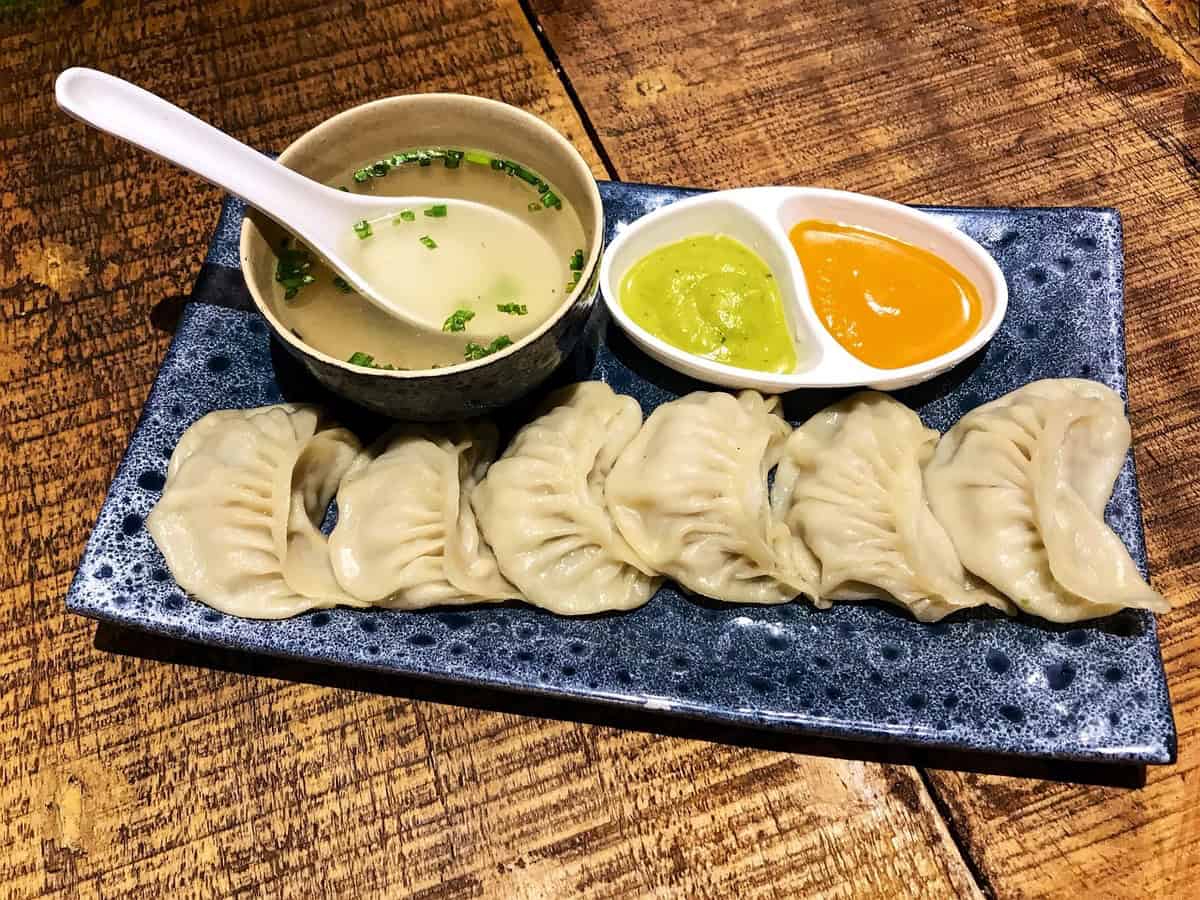
Hyderabad: Momos are in the news after a woman died and about 50 others were taken ill after eating the dumpling at a roadside food stall in Hyderabad, however, it is not the only street food that poses serious health risks.
At least three more popular street foods pose a risk to an individual’s health if consumed by vendors whose hygiene practices are poor.
Risks of street foods in Hyderabad
Street foods are popular across Hyderabad, attracting locals and tourists alike. While vendors who follow good hygiene practices can serve delicious and safe food, a lack of proper sanitation can turn these treats into health hazards.
Here are some of the most common street foods in Hyderabad that, if purchased from unhygienic stalls, can carry serious risks.
Momos
Momos have recently made headlines in Hyderabad for unfortunate reasons. Originally a Himalayan delicacy, these steamed dumplings have gained popularity throughout the city.
However, when momos are prepared or stored in unsanitary conditions, they can harbor bacteria like E. coli and Salmonella, causing gastroenteritis, vomiting, and diarrhea. This is especially dangerous when served with sauces like mayonnaise or chutney, which can spoil quickly if not kept properly refrigerated.
Shawarma
Shawarma, a Middle Eastern dish popular among Hyderabad’s youth, is another street food at risk of contamination.
The meat-based dish is typically cooked on a rotating spit and sliced before serving. However, if the meat isn’t stored at the right temperature or kept for long periods, it can become a breeding ground for bacteria. Consuming improperly stored shawarma can lead to foodborne illnesses like Salmonella or E. coli infections.
Pani Puri
Pani Puri is one of the most beloved street foods in Hyderabad. These crispy, hollow puris filled with flavored water and mashed potatoes provide a burst of flavor in every bite. However, if the water used to fill the puris is not adequately purified or stored, it can lead to severe gastrointestinal infections.
Contaminated water can expose consumers to harmful pathogens, leading to issues like food poisoning, diarrhea, and dehydration.
Samosas and Pakoras
Samosas and pakoras, deep-fried and savory, are Hyderabad street food staples. While delicious, the method of preparation can pose a health risk, especially if oils are reused repeatedly.
Reusing oils increases the formation of harmful compounds, which can be linked to long-term health risks, including cardiovascular disease and even cancer.
Additionally, if these fried items are not kept at the right temperature, they may become hosts for harmful bacteria, leading to foodborne illnesses.
Woman dies, 50 fall ill after eating momos in Hyderabad
Recently, a woman Reshma Begum (31), her children and several other people of Singadakunta Basti ate momos from a stall. Later, they developed vomits and motions on and approached different hospitals in Banjara Hills.
After Reshma Begum’s condition turned critical, she was shifted to Nizam’s Institute of Medical Sciences (NIMS), where she succumbed.
Officials suspect that in addition to momos, mayonnaise and chutney may have caused the food poisoning.
The recent incident involving contaminated momos serves as a reminder that hygiene is crucial when it comes to street foods in Hyderabad.




